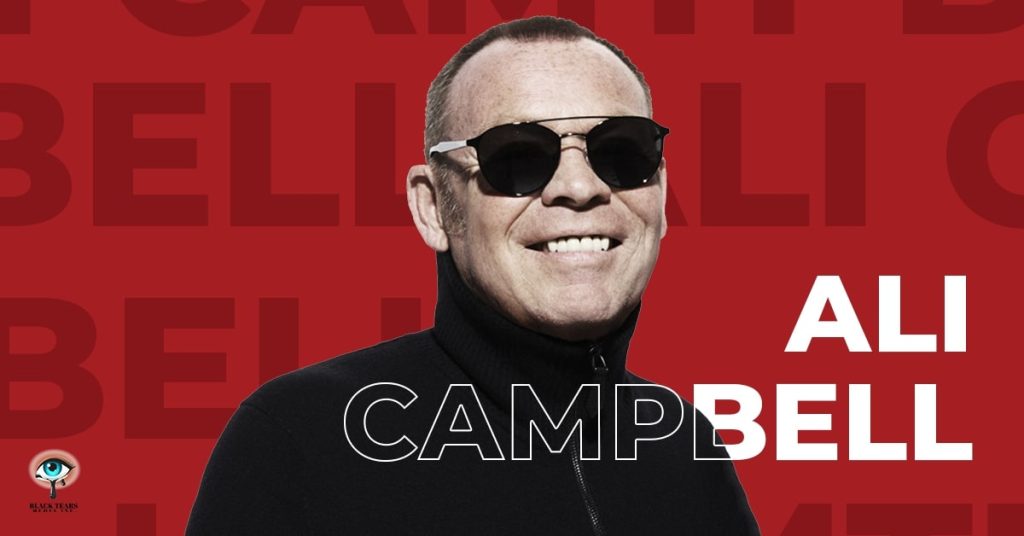In the pantheon of reggae greats, few voices are as distinctive and impactful as that of Ali Campbell, the former lead singer of UB40. This British vocalist, songwriter, and guitarist has not only carved a niche in the reggae genre but has also seamlessly woven elements of pop and rock into his music, creating a rich tapestry that resonates with a global audience.
The Early Years and Formation of UB40
Born Alistair Ian Campbell on February 15, 1959, in Birmingham, England, Ali grew up in a culturally vibrant environment where music was a daily ritual. His father, a Scottish folk musician, and his mother, who was of Irish descent, filled his early years with a diverse array of musical influences. However, it was the sound of reggae — the music of the immigrant and black communities in his hometown — that truly captured his heart.
In 1978, Ali Campbell co-founded UB40, named after a British unemployment benefit form, with his brother Robin and a group of friends. Their intention was clear: to reflect their experiences and those of their community through music, addressing social and political issues, and providing a voice for the voiceless.
Rise to Stardom
UB40’s rise to stardom was meteoric. Their debut album, “Signing Off,” released in 1980, was a critical and commercial success, largely due to its authentic reggae sound mixed with notes of jazz and rock. Tracks like “Red Red Wine,” a cover of a Neil Diamond song, redefined reggae music for a broad audience and became a global hit. This success was not just a flash in the pan; it marked the beginning of a series of hits that would make UB40 one of the world’s best-selling music artists.
Throughout the 1980s and 1990s, UB40’s popularity soared as they continued to release albums that topped charts worldwide. Songs like “Can’t Help Falling in Love” and “I Got You Babe,” a duet with Chrissie Hynde, showcased Ali Campbell’s ability to infuse classic tracks with a reggae twist, making them feel both familiar and fresh.
Solo Journey
In 2008, Ali Campbell embarked on a solo career, citing management issues as his reason for leaving UB40. His solo projects allowed him to explore new musical landscapes and collaborate with other artists, including fellow reggae legends Sly and Robbie, and Grammy-winning artist Shaggy. His albums as a solo artist, such as “Running Free” and “Great British Songs,” have been well-received, demonstrating his versatility and commitment to evolving as an artist.
Legacy and Influence
Ali Campbell’s impact on reggae and popular music cannot be overstated. His distinctive voice — at once soothing and invigorating — has made him a beloved figure in the genre. More importantly, his efforts to blend reggae with other musical styles have helped to break down cultural barriers, bringing the ethos of reggae to a global audience.
Ali Campbell remains a towering figure in the reggae scene, not just as a musician but as a cultural ambassador who has helped to spread a message of love, unity, and social justice through his music. His legacy is one of innovation, resilience, and the power of music to transcend boundaries. At Black Tears Media, we celebrate Ali Campbell as not only a musical icon but as a vital force in the continuing evolution of reggae music. His journey reminds us that music is not just sound but a powerful instrument of change and unity.
For fans and newcomers to his music, Ali Campbell offers a gateway to the transformative power of reggae—a genre that continues to inspire and uplift millions around the world.

